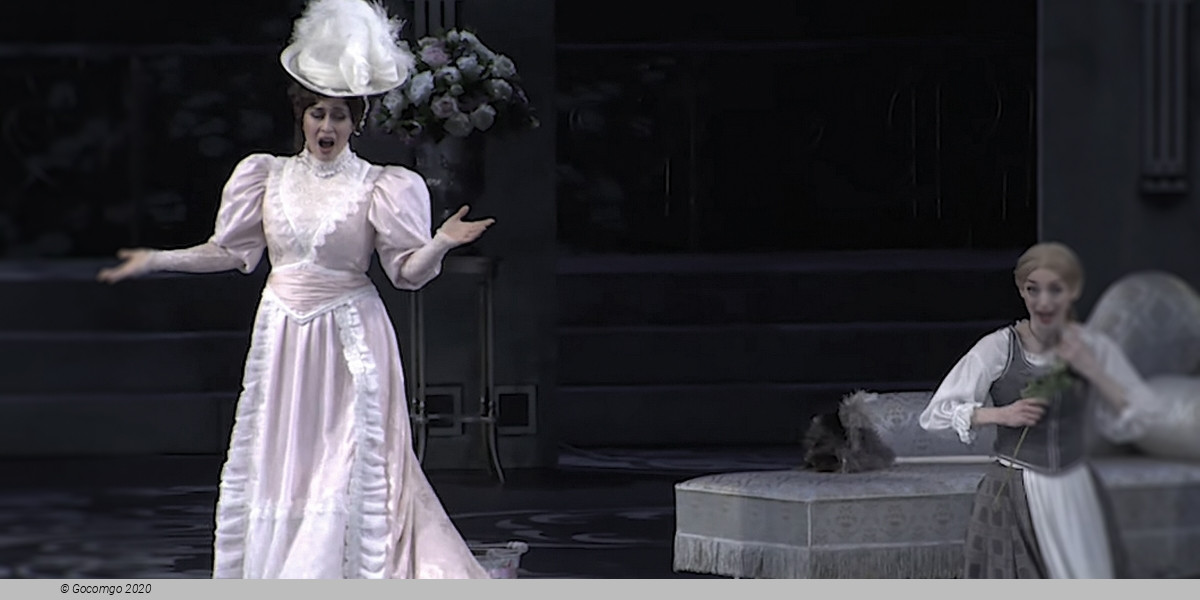Events1 results
About
Karl Haffner (pseudonym), actually: Karl Schlechter, (born November 8, 1804 in Königsberg in Prussia, † February 29, 1876 in Vienna) was a German playwright.
Karl Haffner attended the Collegium Fridericianum in Königsberg. At the tender age of 16, he joined a traveling troupe and crossed through as a traveling comedian Prussia, Saxony, Silesia, Austria and Hungary. After ten years he became playwright and theater poet at the Pest theater with Feodor Grimm, having already made some dramatic attempts.
In Pest, he wrote tragedies such as The Riflemen, The Decoy's Lock, Block Dead's Grave, Schwarzenberg and Palffy, and Batory's Death, which received the stormy applause of the audience. The well-known theater director Carl Carl in Vienna strangely recognized Haffner's talent for the local posse and engaged him for nine years for the Theater an der Wien as a theater poet. Haffner had to commit to the delivery of eleven pieces a year and has also held this contract. Later he turned to the theater in the Josefstadt and last edited the satirical weekly Böse Zungen.
His first major success achieved Haffner with the romantic-comic folktale The Marble Heart, which received a second prize in 1841 and was premiered on April 21 of the year at the Theater an der Wien. His threefold genre painting Therese Krones has constantly been preserved in which he brought the Raimund circle to the stage. Besides dramas, Haffner also wrote more than 30 volumes of novels. One of them, Scholz and Nestroy (1864-66, 3 volumes), contains various things about the history of his life.
Together with Richard Genée he wrote the libretto of the operetta Die Fledermaus (music: Johann Strauss).
The criticism Haffner has treated a little encouraging and lenient, although humor and skillful character drawing of his plays can not be denied.
Karl Haffner, during his last years of illness due to illness disabled and Pensioner of the Concordia, left a large family in distress and misery, he was buried in the Vienna Central Cemetery (3-4-41) in a grave dedicated to honorary. In 1955, the Haffnergasse was named after him in Vienna Donaustadt (22nd district of Vienna).


